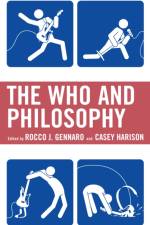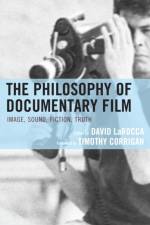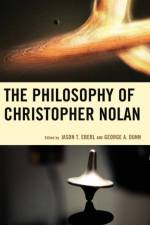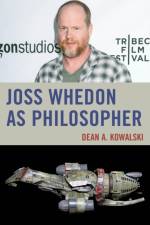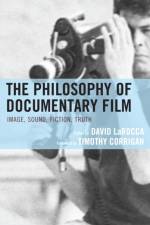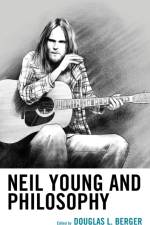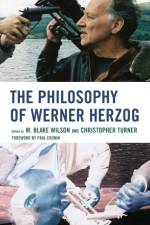2 061
The spirit that founded the volume and guided its development is radically inter- and transdisciplinary. Dispatches have arrived from anthropology, communications, English, film studies (including theory, history, criticism), literary studies (including theory, history, criticism), media and screen studies, cognitive cultural studies, narratology, philosophy, poetics, politics, and political theory; and as a special aspect of the volume, theorist-filmmakers make their thoughts known as well. Consequently, the critical reflections gathered here are decidedly pluralistic and heterogeneous, invitingΓÇönot bracketing or partitioningΓÇöthe dynamism and diversity of the arts, humanities, social sciences, and even natural sciences (in so far as we are biological beings who are trying to track our cognitive and perceptual understanding of a nonbiological thingΓÇönamely, film, whether celluloid-based or in digital form); these disciplines, so habitually cordoned off from one another, are brought together into a shared conversation about a common object and domain of investigation.This book will be of interest to theorists and practitioners of nonfiction film; to emerging and established scholars contributing to the secondary literature; and to those who are intrigued by the kinds of questions and claims that seem native to nonfiction film, and who may wish to explore some critical responses to them written in engaging language.

